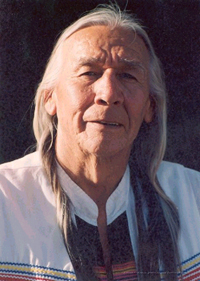A Quote by Aiden Wilson Tozer
Most Christians would rather be happy than feel the wounds of other peoples' sorrows.
Related Quotes
If Christians could be trained to provide solid evidence for what they believe and good answers to unbelievers’ questions and objections, then the perception of Christians would slowly change. Christians would be seen as thoughtful people to be taken seriously rather than as emotional fanatics or buffoons. The gospel would be a real alternative for people to embrace.
One does not really feel much grief at other people's sorrows; one tries, and puts on a melancholy face, thinking oneself brutal for not caring more; but one cannot and it is better, for if one grieved too deeply at other people's tears, life would be unendurable; and every man has sufficient sorrows of his own without taking to heart his neighbour's.
I would like to quote a very prejudicial doctrine that was handed down by the Supreme Court in 1823. It said that the Indian Nations do not have title to their lands because they weren't Christians. That the first Christian Nations to discover an area of heathen lands has the absolute title. This doctrine should be withdrawn and renounced to establish a new basis for relationship between indigenous peoples and other peoples of the world.
But I'd rather help than watch. I'd rather have a heart than a mind. I'd rather expose too much than too little. I'd rather say hello to strangers than be afraid of them. I would rather know all this about myself than have more money than I need. I'd rather have something to love than a way to impress you.





































